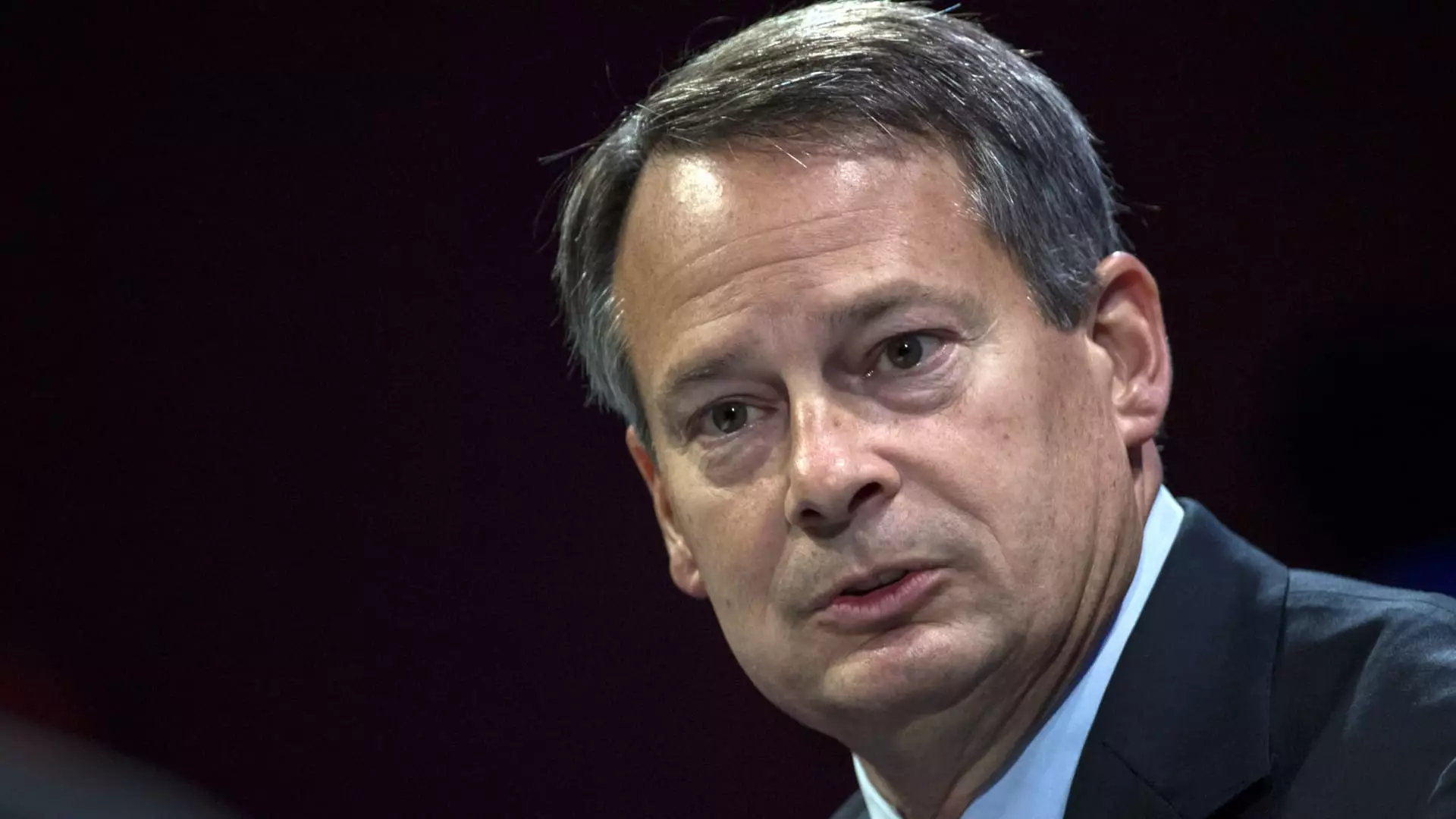The brokerage industry stands at a significant crossroads with the announcement of Walt Bettinger’s retirement as CEO of Charles Schwab at the end of December. After serving for 16 years, Bettinger’s departure marks the end of an impactful leadership era at a firm that has grown consistently under his guidance. Effective January 1, 2025, Rick Wurster, the current president of the company, will step into the chief executive role. The transition is not merely a change in personnel; it reflects a strategic evolution shaped by careful succession planning and a commitment to delivering value to clients.
Bettinger’s Legacy and Future Plans
As Bettinger approaches his 65th birthday, he emphasized the thoughtful process by which the Schwab board reached its decision regarding succession. His confidence in Wurster’s potential to continue the firm’s momentum is crucial, suggesting a cohesive leadership approach will persist. Despite the transition, Bettinger plans to remain actively involved in the company as co-chair of Schwab’s board. His transition comes at a pivotal time, as he recently noted that the integration of TD Ameritrade was successfully completed earlier in the year. This accomplishment is a testament to the strength of staffing and resources that Wurster will inherit.
Wurster takes the helm at a time when the brokerage firm commands an enviable position in the market. Stateing in an interview, he clarified that there would be minimal immediate changes in strategy, with a firm commitment to maintaining customer satisfaction and operational consistency. This continuity can foster confidence among clients and investors alike, ensuring that Schwab remains steadfast in delivering quality services while navigating the complexities of the financial landscape.
Growth Under Bettinger’s Leadership
The impressive growth trajectory Charles Schwab experienced under Bettinger’s tenure is noteworthy. Client assets soared from $1.14 trillion to a staggering $9.74 trillion, and brokerage accounts surged from less than 10 million to over 43 million. This growth trajectory was further bolstered by strategic acquisitions including the notable merger with TD Ameritrade in 2020. As Bettinger reflected on his journey with Schwab during an interview, he noted the unique challenges he faced amidst the financial crisis, stating that he “not many CEOs halve their company’s stock price in the first 90 days,” highlighting the challenges that shaped his tenure.
Despite the remarkable growth throughout his leadership, Schwab’s stock has faced turbulence over the past two years, underperforming against broader market indicators. Recent trading activity reflected a decline of about 1%, which indicates the challenges that may lie ahead for the new CEO. The firm’s ability to sustain its success hinges not only on Wurster’s execution of existing strategies but also on adapting to the rapidly evolving financial landscape.
In essence, as Charles Schwab transitions into a new leadership chapter, the groundwork laid by Walt Bettinger serves as a robust foundation. Both the leadership team and employees will look toward this new era with an eye on maintaining momentum while addressing the challenges ahead.

